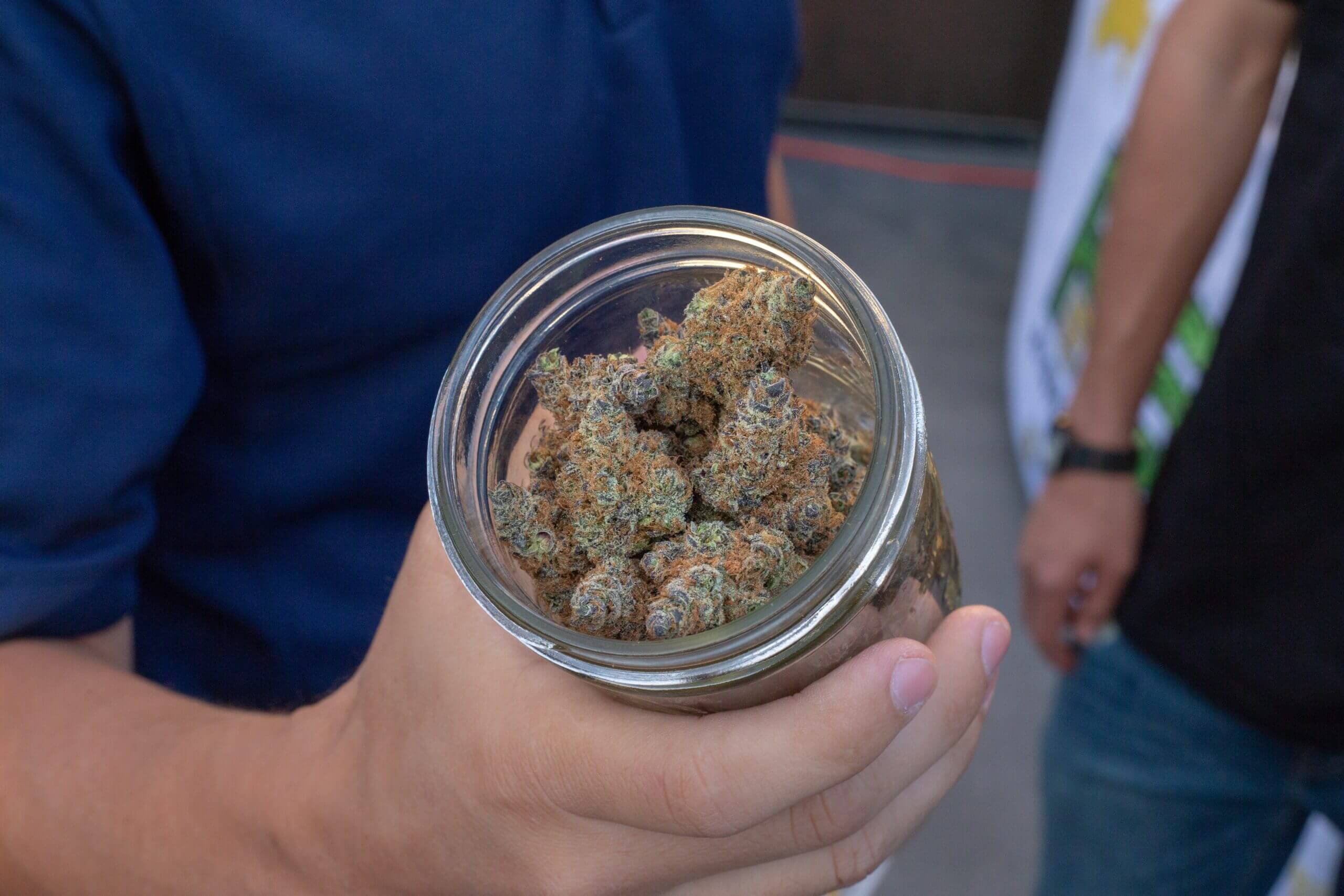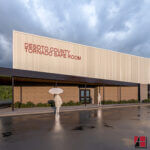DeSoto County approves medical cannabis ordinance
DeSoto County supervisors Friday morning moved ahead and passed its medical cannabis ordinance and zoning amendments. The board voted 5-0 to approve both connected measures that govern how medical cannabis may be sold, cultivated, and legally disposed of in the unincorporated areas of DeSoto County.
Among the highlights:
- A business privilege license must be obtained by the county tax collector.
- A business permit must be obtained by the county planning department.
- All business applications, reports, and documents sent to the state must also be sent to the county.
- An application fee of $1,000 and a yearly renewal fee of $500 are required, in addition to state fees.
- A comprehensive site plan must be submitted.
- A remediation plan must be submitted if the business has been idle for 12 straight months or more.
- Facilities must allow inspections within the parameters set in the ordinance.
- Certain hours of operation must be adhered to.
- Enforcement details and penalties are specified in the ordinance.
- No cannabis facilities are allowed in the county’s AR, or agricultural residential zones.
- All cannabis facilities are considered businesses and must have a hard-surface roadway.
- All facilities are prohibited within 1,000 feet of the nearest boundary property line of a school, church, or child care facility, unless those entities provide a waiver to allow the business within 500 feet.
These items are in addition to what state revenue and health officials are requiring for medical cannabis facilities locating in Mississippi. Information from the Department of Revenue is found on the DOR Medical Cannabis web page, and from the Mississippi State Department of Health on the MSDH web site.
The county zoning regulations also outline where cultivation and processing may occur, where dispensaries may locate, where disposal, research and testing, and transportation may take place.
The complete breakdown on the ordinance and zoning regulations approved by the Board of Supervisors Friday morning is available on the DeSoto County Government Medical Cannabis page.
There was some question during the public hearing Friday morning about a three-acre requirement with a 100-foot setback from the property line for cultivation and processing in agricultural zones where commercial use is allowed. Director of Planning Bennie Hopkins said the items in the ordinance are meant to direct the business and protect nearby residences not involved in medical cannabis.
“In DeSoto County we have a lot of growth, we have numerous homes that are being built and numerous properties that are being subdivided,” Hopkins said. “This ordinance was designed to protect those owners who are not in the cannabis facility activities and to also ensure that people who are in it have clear direction on what they need to do.”
Hopkins added the result of several months of research is shown in the ordinance and regulations that were passed Friday.
“We researched California and Colorado and a lot of states that we looked at, even Arkansas, to see what they had done and what were some of the issues that happened with facilities in existing states that are operating,” Hopkins said.
Friday’s action goes into immediate effect. Among the interested parties at the Friday morning special meeting of the Board of Supervisors was Horn Lake Mayor Allen Latimer, Alderman Dave Young, and City Administrator Jim Robinson. Horn Lake has initially opted out of the new Mississippi Medical Cannabis Act passed in the 2022 legislative session as it tries to answer some of the location issues for facilities inside its city limits.
Southaven is the other DeSoto County city that voted to opt out of the law but is in the process of setting its zoning limits into a potential commercial medical district before that city moves into allowing medical cannabis operations to locate there.






